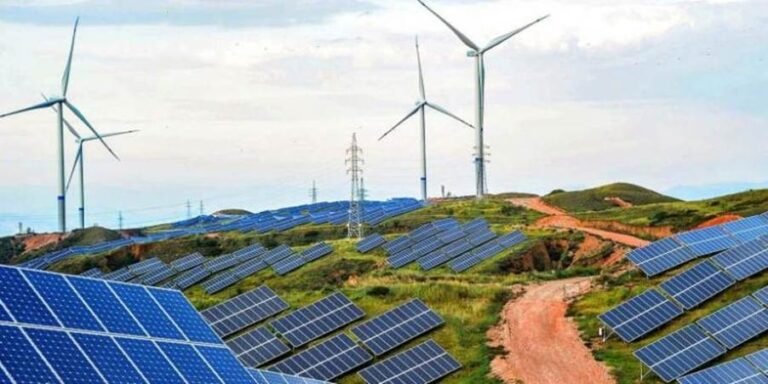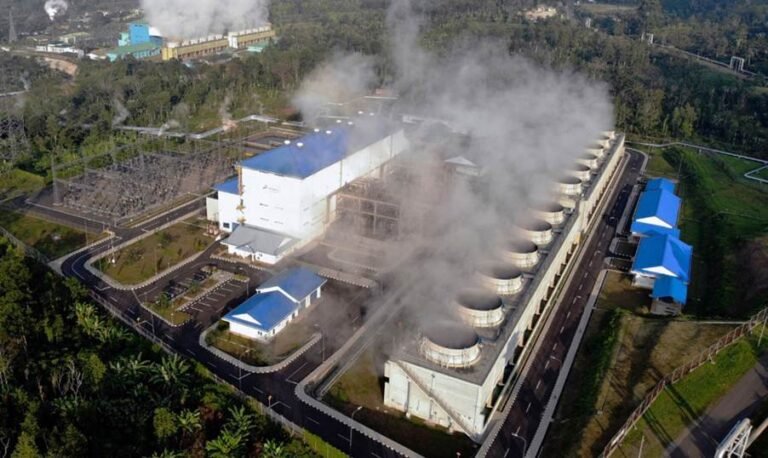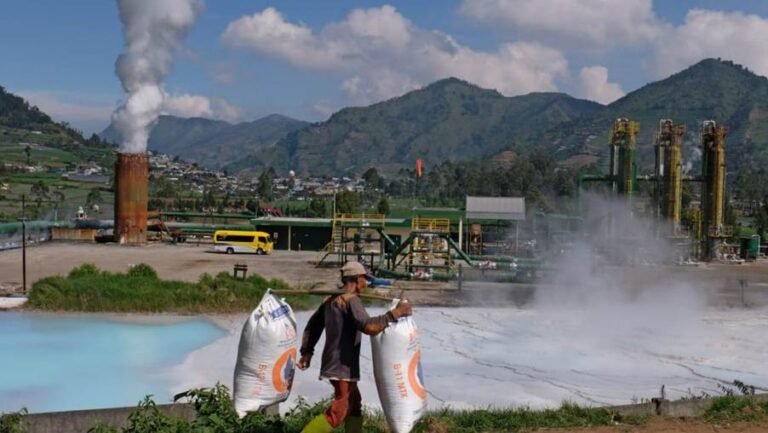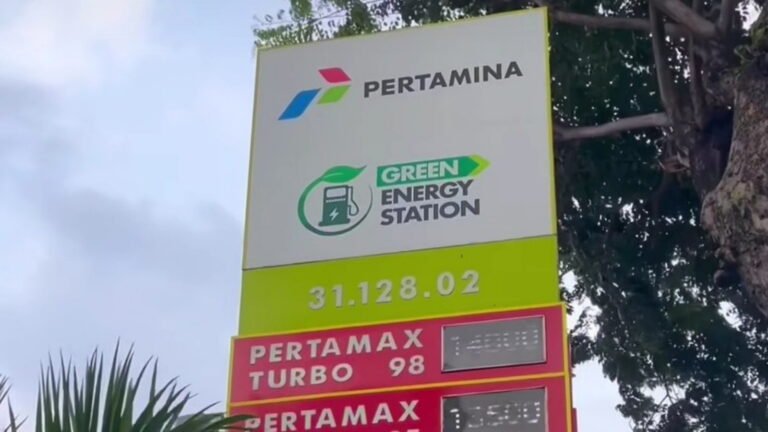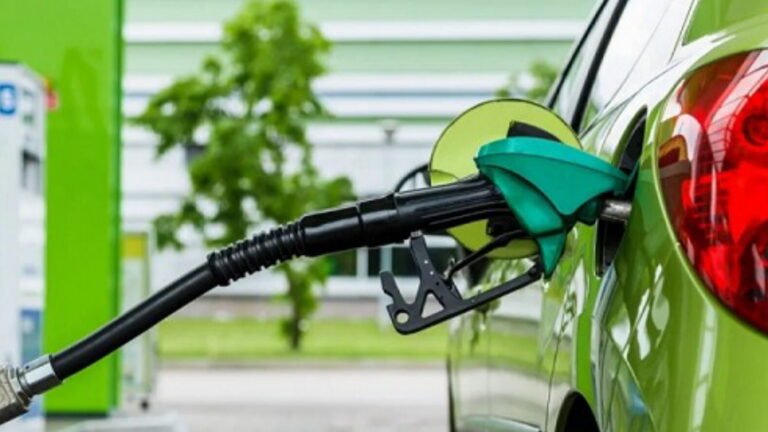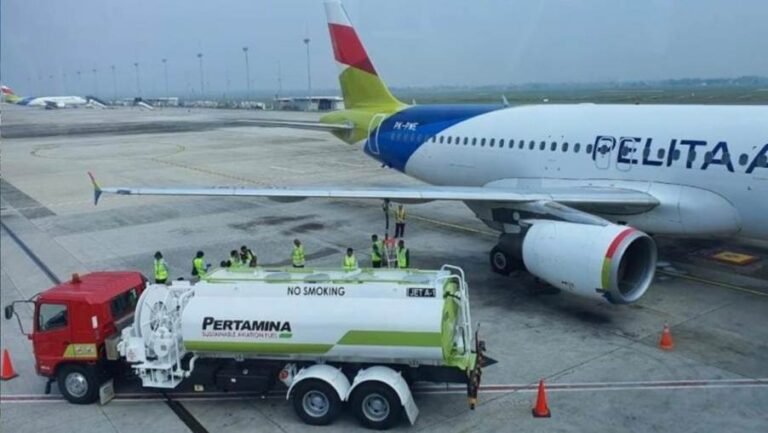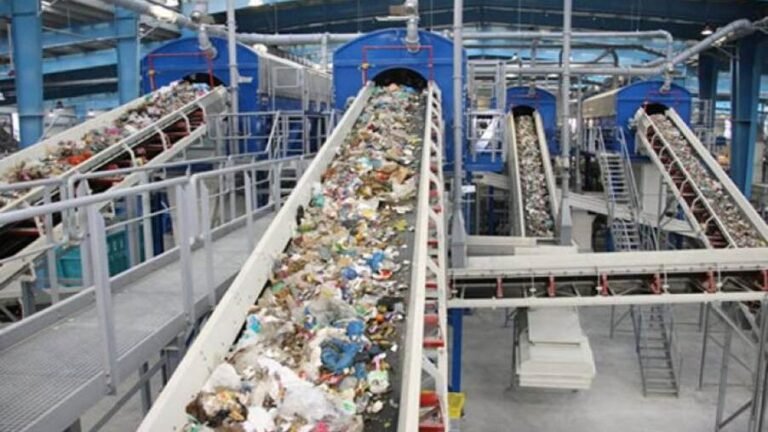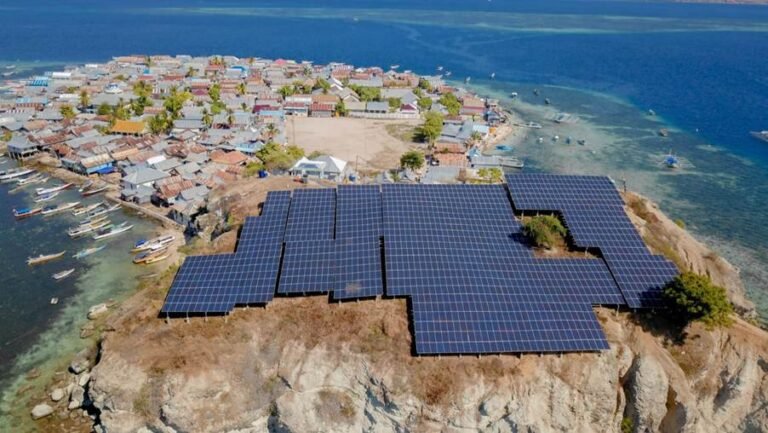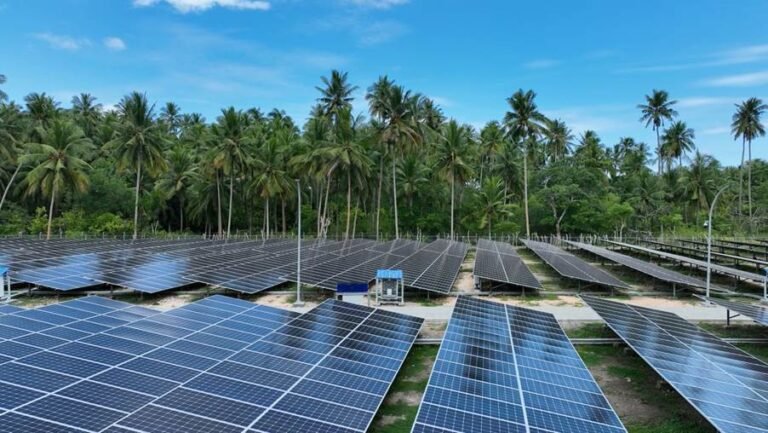- Indonesia and NEDO, which is one of the Japanese companies, established a cooperative relationship to accelerate the development of the electric vehicle ecosystem.
- According to the Director General of Metals, Machinery, Transportation Equipment, and Electronics, the collaboration will focus on demonstration projects for electric motorcycles with swap battery technology.
- Recently, five automotive APM agents also helped popularize electric vehicles in Indonesia.
Electric vehicles are one of the main products in the transition to environmentally friendly renewable energy. Each country is competing to continuously improve the electric vehicle ecosystem to achieve the energy transition target. One of them is Indonesia, which collaborates with other countries or parties to accelerate the electric vehicle ecosystem to achieve the net zero emissions target. Indonesia and NEDO, which is one of the Japanese companies, established a cooperative relationship to accelerate the development of the electric vehicle ecosystem.
According to the Director General of Metals, Machinery, Transportation Equipment, and Electronics (ILMATE) at the Ministry of Industry, the collaboration will focus on demonstration projects for electric motorcycles with swap battery technology. Through this collaboration, the government seeks to accelerate the development of an integrated electric vehicle ecosystem from upstream to downstream. It is hoped that through these efforts, Indonesia can become an important player in the global supply chain. Then, it also includes efforts to produce vehicles with low carbon emissions and that are environmentally friendly.
Read more:
In addition to electric motorcycles, cooperation is also carried out on electric cars. Recently, five automotive APM agents also helped popularize electric vehicles in Indonesia. The five automotive APM agents are Toyota, Mitsubishi, Nissan, Fuso, and Isuzu. They take advantage of the development of an electrified mobility ecosystem on the island of Bali, entitled EV Smart Mobility-Joint Project.
Supporting the Indonesian government’s efforts to accelerate carbon emission reductions is the main target of this EV Smart Mobility-Joint Project. In addition, it is expected to broaden the introduction and further popularize electrified vehicles as one of the keys to mass mobility in the future. Another target is the development of environmentally friendly tourism, or ecotourism. This collaboration is expected to help revitalize the tourism industry sector in Indonesia through the development of environmentally friendly tourism (ecotourism).
EV Smart Mobility, this Joint Project is one of the efforts to develop multiple pathways to expand electrified vehicle options to the public. These include hydrogen fuel cell electric vehicle (FCEV) technology, battery electric vehicle (BEV) technology, plug-in hybrid electric vehicle (PHEV) technology that uses an electric motor, and hybrid electric vehicle (HEV) technology that combines electrification technology with conventional engines. All are able to reduce carbon emissions, including conventional engines that can take advantage of the use of biofuels.
Read more:
The multi-pathway approach applied to this collaborative project to accelerate the presence of environmentally friendly technologies must be easily accessible to the public. This is so that later it will be able to reduce emissions in accordance with the availability of renewable energy sources, the readiness of charging infrastructure, and the need for their use. In general, the PHEV and BEV technologies that are present in this collaboration open up opportunities for the use of electric vehicles in Indonesia.
Each APM will provide its flagship electric vehicle product for the passenger and commercial vehicle sectors. The provision of this EV product is needed to accelerate its introduction to the public. Through projects and the availability of infrastructure, the EV ecosystem, such as electric charging stations, for testing the ecosystem is present as a whole.
Passenger electrification vehicles will later be used to support mobility in the Nusa Dua area and Bali’s Ngurah Rai International Airport. The commercial model will be used to support logistics and will further be considered for collaboration with local businesses in the Bali region.
Japan, together with other stakeholders, is trying to provide solutions to Indonesia. This is done in order to achieve the carbon neutrality target by maximizing multi-pathway as one of the effective steps.
References:
[1]Perkuat Ekosistem Kendaraan Listrik, Indonesia Gandeng Jepang


